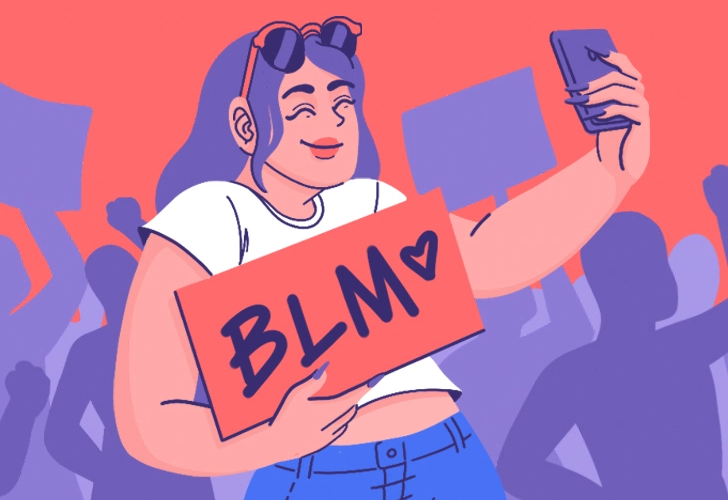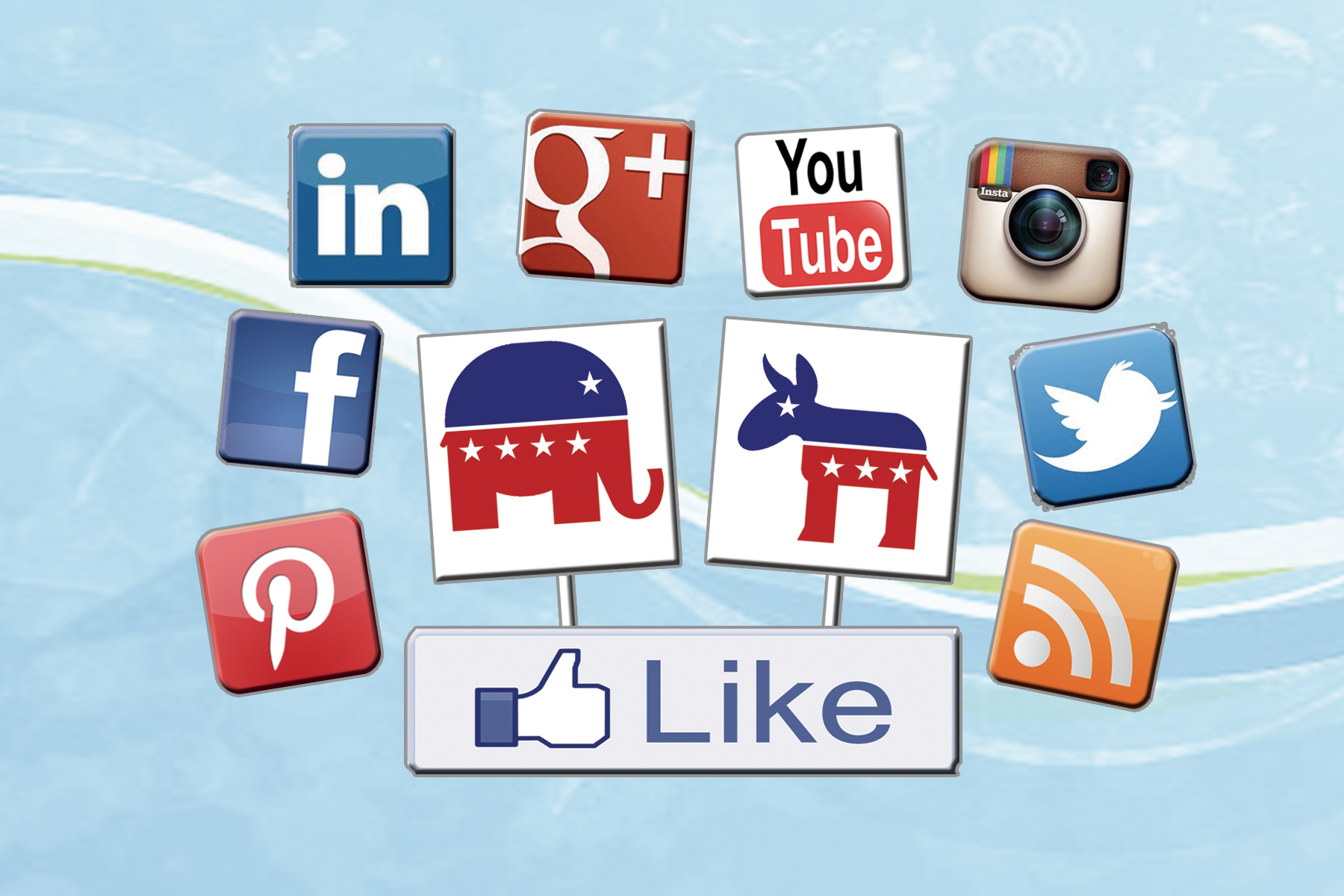“But do not do what they do, for they do not practice what they preach.”- Matthew 23:3b
Although written for an ancient audience, the biblical idiom “practice what you preach” still applies today. The phrase directs its listeners to avoid hypocrisy, a phenomenon all too prevalent in discussions of the unique issues faced by minority groups.
Today’s political climate is more aware of minority groups’ needs than ever before. This growth of awareness and accountability, in combination with a national recognition of identity-induced privilege, allowed for increasingly progressive discussions surrounding minority groups. However, it yields “Slacktivism,” surface-level activism that detracts from the core focus of a social movement by promoting over-simplified or self-centered information. Typically, Slacktivism stems from unintentional ignorance and a lack of proper understanding.
Members of Generation Z, including myself, grew up witnessing these forms of hypocrisy online. While many of my peers can identify Slacktivism online, those same peers struggle to recognize when their offline speech falls into the same pattern. When communicating in real life instead of through a screen, attempts at internal reflection and accountability often fall flat. While it is great to point out issues on social media, and even better, to take responsibility for our online mistakes, we should be mindful of our literal speech as well.
This pattern can be seen through the differences in online and offline speech related to the Black Lives Matter (BLM) movement. On May 25, 2020, footage of a police officer killing George Floyd rocked the United States, spurring protests throughout the country. Amplified by the COVID-19 pandemic, George Floyd’s death led to an unprecedented amount of digital activism including “#BlackoutTuesday.”
Jamila Thomas and Brianna Agyemang, two Black women working in music marketing, initiated the social media movement to reflect on the contributions of Black artists and consider what the music industry could be doing to support the BLM movement. Famous musicians soon adopted the hashtag, followed by other creative industries, and eventually, any “politically-active” individual with a social media account.
As #BlackoutTuesday became pervasive, it lost more of its meaning, eventually culminating in a senseless sea of black squares on social media platforms. Regardless of #BlackoutTuesday’s original value as an idea, it resulted in mindless action that turned events, emotions, and facts into “bland” activism such as liking a post or using a certain hashtag.
#BlackoutTuesday remains one of the most notorious examples of Slacktivism. Yet, despite our apparent awareness of Slacktivism, we often make the same mistake in a different setting. The mention of #BlackoutTuesday by White students is often followed by a mention of how it failed to support the Black community. But the same students are unable to speak for the experiences of the Black community.
With a fleeting mention of their Black friend or a Black neighborhood in their home city, my peers demonstrate that they possess the minimum amount of knowledge about modern Black issues to be considered an “ally.” However, most have made no substantial contribution to confronting the actual issues facing Black people in America today. Often, the same individuals who point out examples of Slacktivism on social media perform essentially the same action in their direct speech.
Speakers and listeners’ social locations— the unique factors of their identity that allow for societal privilege—affect the meaning of speech. Because different social locations have unique political associations, the social location of speech affects its political meaning and, consequently, its perceived truth value.
My peers, most of whom are White and wealthy enough to attend a private university, frequently fail to consider how their perspectives might differ from those of the marginalized group they are discussing. Yet, they will be the first to point out how an over-simplified infographic on Facebook about hate crimes targeted at Asians, or an article citing baseless claims about how all Jews are Zionists, is detrimental to the real needs of those communities. While this behavior online has the positive intention of increasing awareness, it should translate into real life as well. Broader knowledge and discussion of one’s “social location” would help young adults learn how to discuss contemporary issues surrounding minority groups while keeping their privileged social capital in mind.
The solution to Slacktivism has to do with accountability, not restraint. Instead of completely retreating from speaking about a group with which a speaker cannot personally identify, there are specific conditions to consider that could limit the problematic impact of such speech: one’s impulse to speak, one’s social location, the responsibility of one’s speech, and the potential effects of one’s speech. Without thinking through speech in this manner, speakers struggle to hold themselves accountable.
Those coming from a position of privilege need to be able to identify when their background alters the truth value of their speech, and when that speech might be more for show than for change. It is not difficult to speak without harming marginalized groups. But we are unwilling to recognize our flaws when it comes to activism.
All politically-active individuals, myself included, need to practice what we preach by being critical of our real-time speech the same way we sift through speech on social media, taking accountability when potentially harmful speech slips through the cracks.



